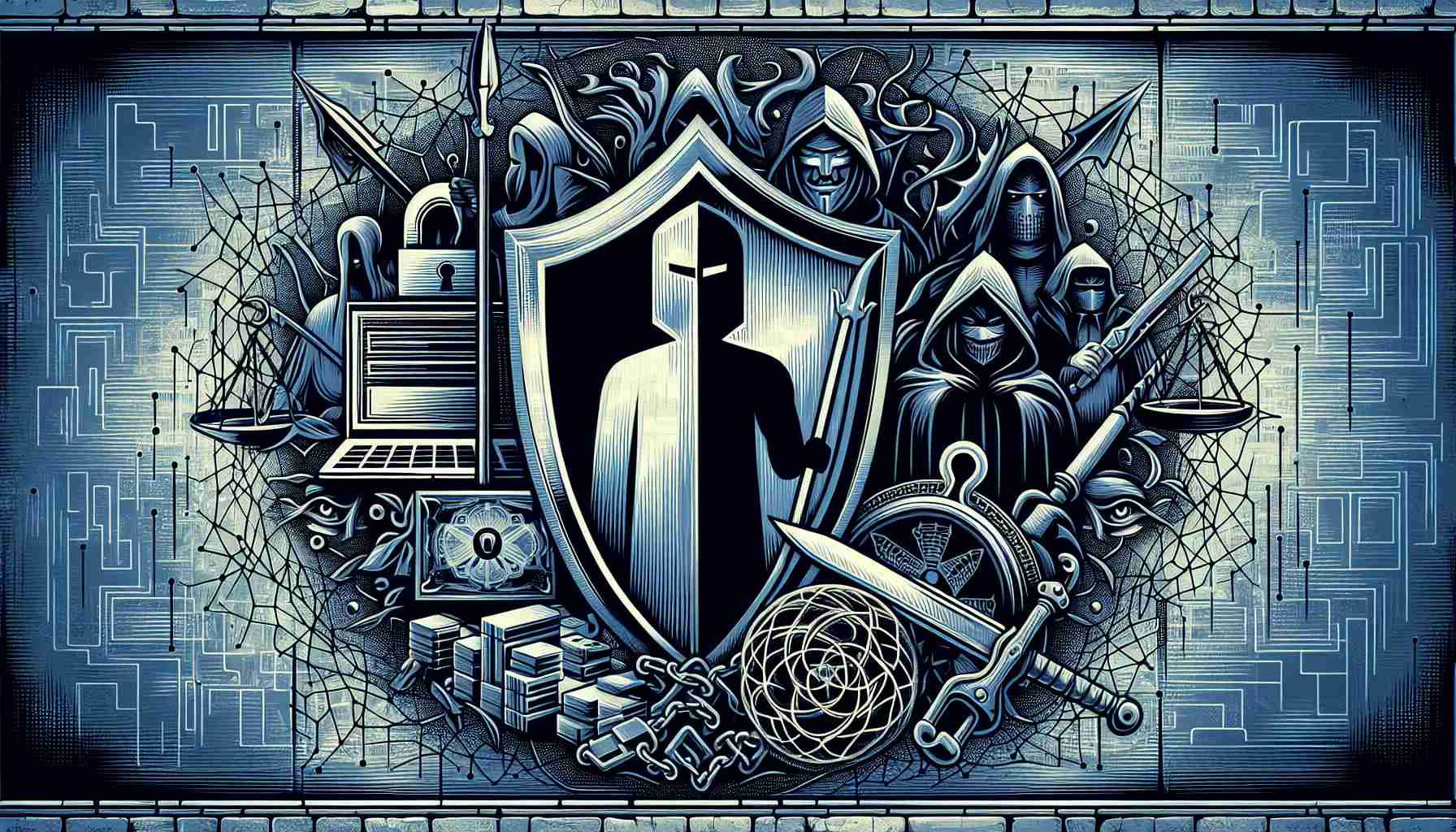Cyber operatives, driven by profit motives, have been subverting digital order with deceptive strategies like falsified transactions and artificial promotions, even resorting to spreading rumors and engaging in verbal abuse. This has not only disrupted the online ecosystem but also corrupted the values of societal equality and justice.
The police force in Taiyuan recently dismantled a large-scale network control case worth over ten million yuan, detaining 8 members of an online manipulation ring. This case unveils the intricate operations behind such deceptive activities.
The rise of new technologies has made it increasingly difficult to suppress these “cyber troops.” As they evolve into a more systematic and industrialized presence, regulatory enforcement faces new challenges.
A recently adjudicated case in China’s Inner Mongolia involved these cyber troops exploiting social media platforms for nefarious purposes. They published defamatory posts about various businesses and resorted to blackmailing the companies for colossal sums.
Legal action against illicit online behavior is a collective hope amongst netizens, desiring a transparent and fair digital realm. Special campaigns like “Clean the Net” and “Protect the Net” have been initiated, resolving over 450,000 cases related to cyber infractions, including those involving these manipulative forces.
Continued vigilance and improvements to governance structures are crucial to maintain a deterrent against manipulative online tactics. Through public awareness and collaborative societal efforts, it’s crucial to acknowledge the harm these cyber mercenaries pose. Upholding ethical standards and legal boundaries is not only a moral imperative but a collective responsibility in nurturing a benign cyberspace for all users.
Key Questions and Answers:
What defines a “cyber operative” in the context of manipulation?
Cyber operatives are individuals or groups that use digital tools and platforms to manipulate online information, opinions, and transactions. Their activities may include spreading fake news, falsifying reviews or transactions, and engaging in targeted harassment or defamation.
What are the main challenges in combating cyber manipulation?
The most significant challenges include the constant evolution of technology, making it difficult to track and counteract the sophisticated tactics of cyber operatives. Additionally, jurisdictional issues and the anonymity of the internet make it harder to identify and prosecute offenders. Another challenge is the global scale of the internet, which requires international cooperation to effectively tackle these issues.
What controversies are associated with cracking down on cyber manipulation?
Controversies include the balance between regulating harmful activities and preserving freedom of expression online. Critics argue that some crackdowns could lead to censorship or the suppression of dissenting voices. There are also concerns about privacy and the potential overreach of government surveillance in the name of combating cybercrime.
Advantages and Disadvantages:
Advantages:
– Cracking down on cyber manipulation helps to preserve the integrity of online spaces, ensuring that users can trust the information they encounter.
– It protects individuals and businesses from defamation, fraud, and other forms of harm, contributing to a safer online environment.
– It may deter would-be cybercriminals, reducing the prevalence of such activities.
Disadvantages:
– Overzealous crackdowns can infringe on individual rights and lead to unjust censorship.
– It can be resource-intensive and require substantial investment in cyber defenses, law enforcement, and legal frameworks.
– There’s a risk of pushing these activities further underground, making them harder to detect and address.
The article mentions initiatives like “Clean the Net” and “Protect the Net,” which reflect efforts to combat online mercenary activities. For readers interested in learning more about cybercrime and how to stay safe online, they might explore organizations dedicated to cybersecurity and cybercrime prevention. However, please note that I cannot provide actual URLs to external websites.
Related Links:
– For information on global cybersecurity efforts, consider visiting the official website of Interpol.
– To learn about the latest cyber threats and how to protect yourself, you can check out the resources available from the CERT Division of the Software Engineering Institute.
– For comprehensive information on internet safety and security, the Federal Trade Commission (FTC) provides guidelines and tips for consumers.
Remember to always ensure the validity of URLs before visiting any site, as I am unable to verify their 100% accuracy.
The source of the article is from the blog regiozottegem.be
